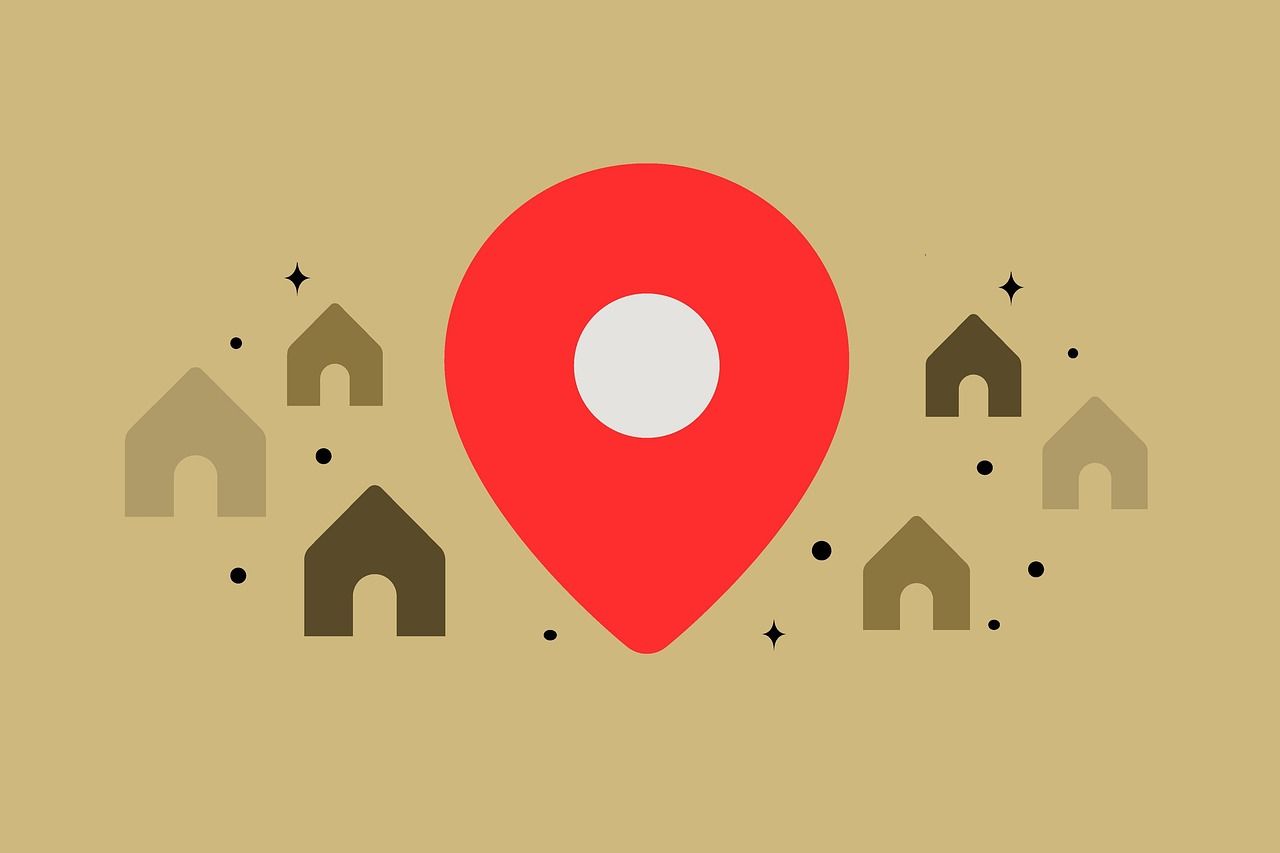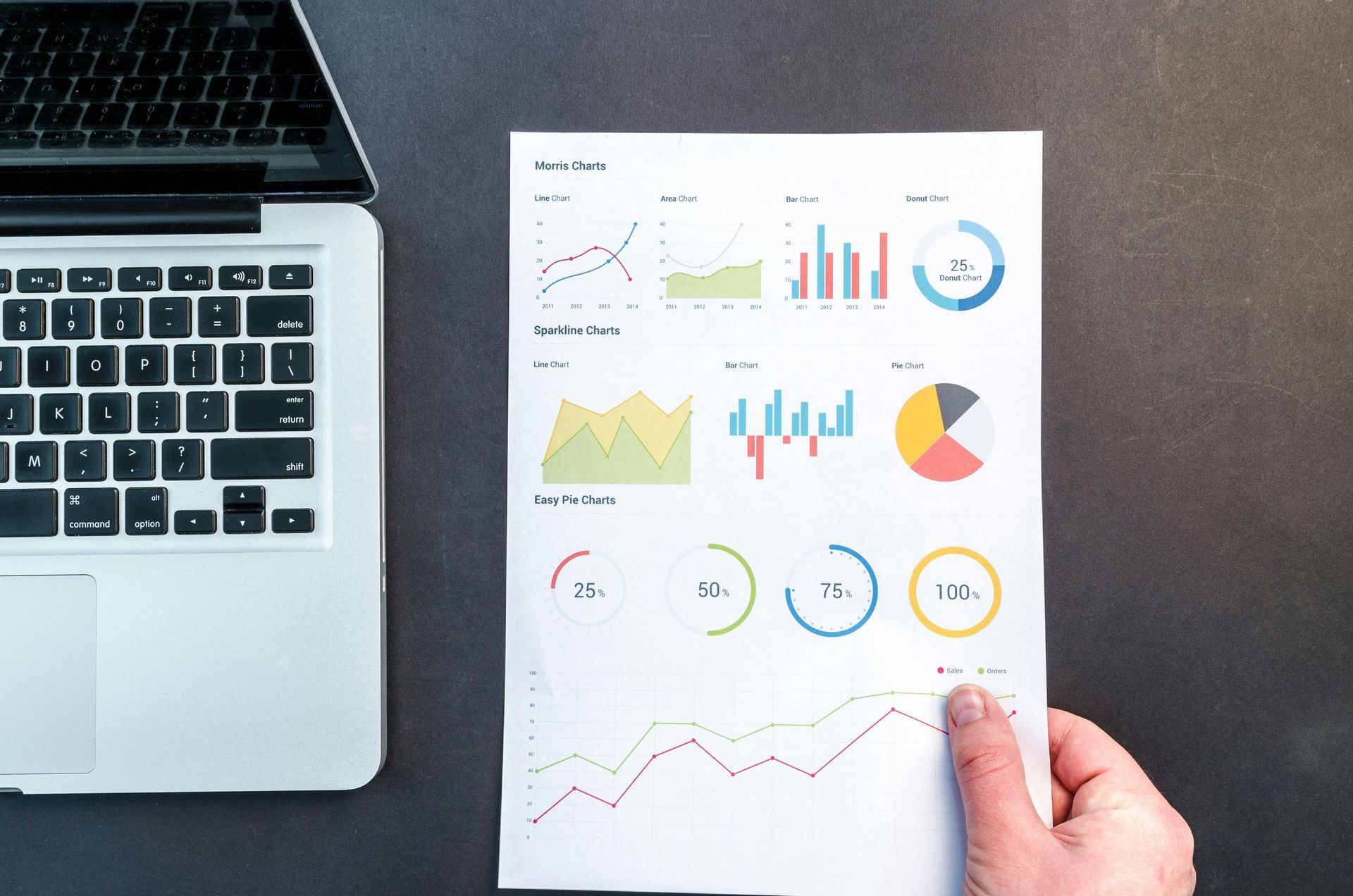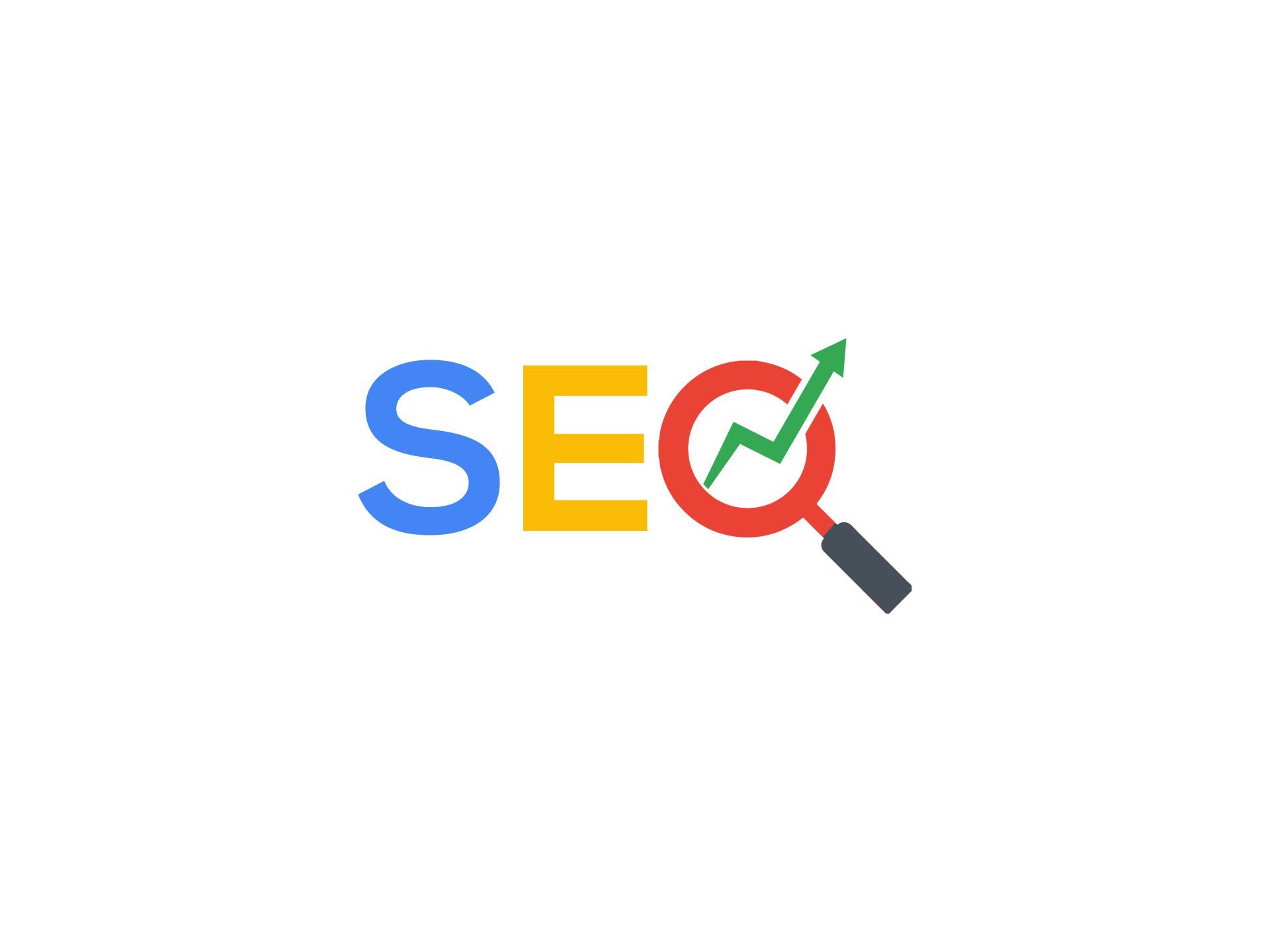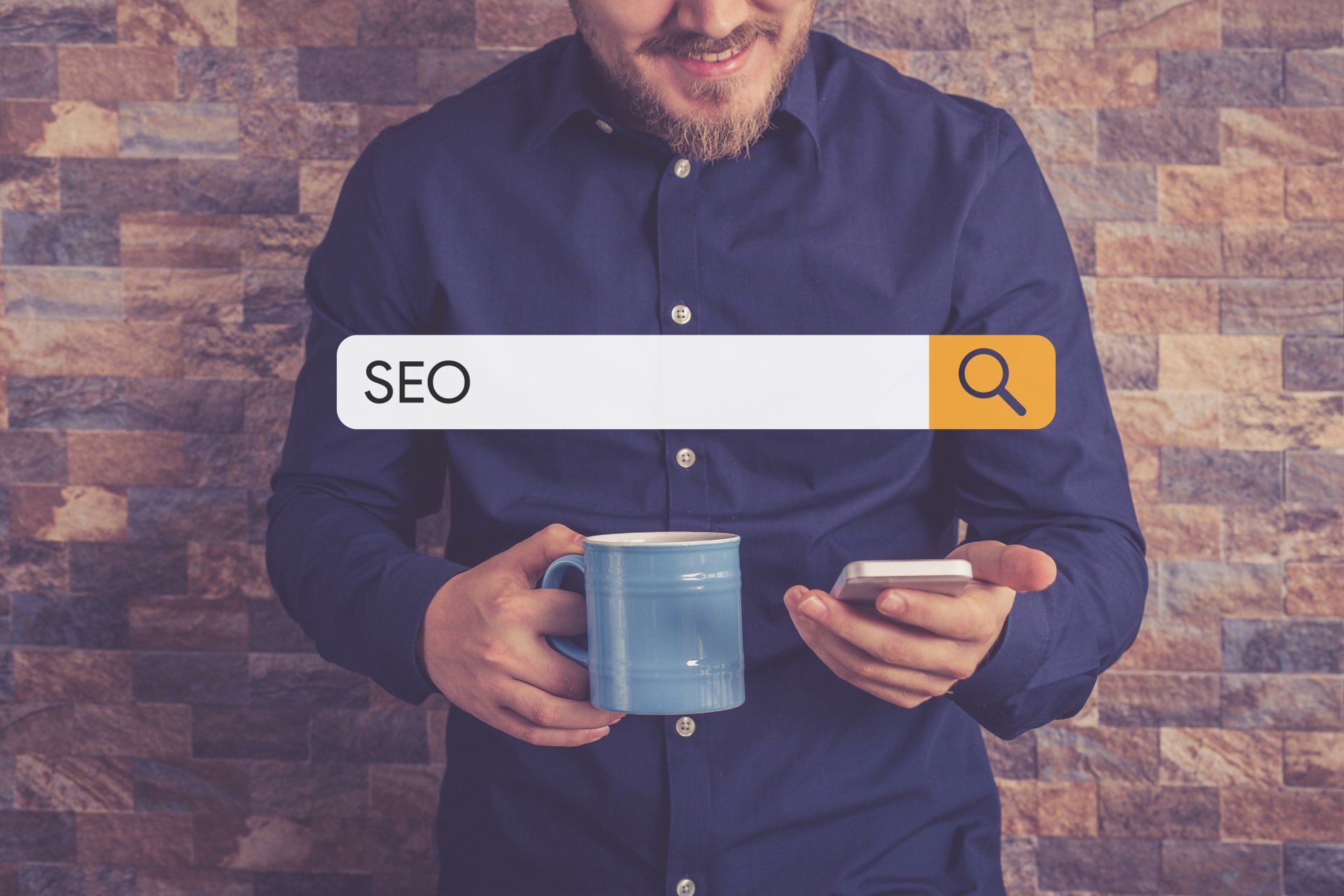By Alex Huibsch
•
October 10, 2025
In the ever-evolving world of digital marketing, local SEO remains a cornerstone for businesses aiming to attract nearby customers. Whether you're a small coffee shop or a regional service provider, optimizing your online presence for local searches can drive foot traffic, boost leads, and increase revenue. However, misconceptions about local SEO persist, leading many business owners to make costly mistakes. At Third Marble Marketing, we've seen firsthand how these myths can sabotage your efforts. In this post, we'll debunk three common local SEO myths: the supposed benefits of keyword stuffing, the underestimation of listing accuracy, and the belief that Google Ads directly influence organic rankings. Let's set the record straight and help you focus on strategies that actually work. Myth 1: Keyword Stuffing Improves Your Local SEO Rankings One of the oldest myths in SEO is that cramming as many keywords as possible into your content, Google Business Profile, or website will skyrocket your rankings. For local businesses, this might mean repeatedly stuffing terms like "best plumber in Richmond, VA" into every description, title, and meta tag. The reality? Keyword stuffing not only fails to help but actively harms your SEO performance. Search engines like Google have sophisticated algorithms that prioritize user experience. Overusing keywords makes content read unnaturally, which can lead to penalties, lower rankings, or even removal from search results. Instead of stuffing, focus on natural keyword integration through high-quality, relevant content that answers user queries. For local SEO, incorporate location-based keywords thoughtfully in your Google Business Profile categories, service descriptions, and website pages. Tools like Google's Keyword Planner and Google Trends can help identify optimal terms without overdoing it. By avoiding this myth, you'll create content that's engaging for humans and favorable for algorithms, leading to sustainable ranking improvements. Myth 2: Listing Accuracy Isn't That Important for Local Visibility Many business owners assume that as long as their business is listed somewhere online, the details don't need to be spot-on. A slight mismatch in address, phone number, or hours across directories like Yelp, Apple Maps, or Google? No big deal, right? Wrong! This misconception can severely damage your local SEO. Accurate and consistent business listings (known as NAP—Name, Address, Phone) are crucial because search engines use them to verify your business's legitimacy and relevance. Inconsistencies confuse algorithms, leading to lower visibility in local search results and the dreaded "Map Pack." Moreover, inaccurate info frustrates potential customers, eroding trust and driving them to competitors. Studies show that even minor errors can result in lost revenue, as customers may assume your business is unreliable or closed. To combat this, audit your listings regularly. Ensure every directory reflects the exact same details, and update them promptly for changes like new hours or relocations. Consistent accuracy not only boosts rankings but also enhances customer experience, turning searchers into loyal patrons. Myth 3: Running Google Ads Will Boost Your Organic Search Rankings It's a tempting belief: If you're spending money on Google Ads (formerly AdWords), surely that investment trickles down to improve your organic rankings, right? After all, more visibility means more clicks, which could signal quality to Google. Unfortunately, this is a myth, as Google Ads and organic SEO operate in separate silos. Google has repeatedly confirmed that paid advertising does not directly influence organic search rankings. While Ads can drive immediate traffic and provide valuable data (like which keywords convert best), they don't give your site a ranking boost in unpaid results. Organic rankings depend on factors like content quality, backlinks, site speed, and user signals (not your ad budget). That said, there's indirect synergy. Insights from Ads campaigns can inform your SEO strategy, such as optimizing landing pages for better performance in both channels. Use Ads to test keywords and refine your approach, but don't rely on them as a shortcut to organic success. A balanced strategy combining both can maximize your ROI without falling for this misconception. Takeaway: Focus on Proven Local SEO Strategies Dispelling these myths is the first step toward a stronger local SEO foundation. Keyword stuffing alienates users and search engines alike, inconsistent listings undermine trust and visibility, and expecting Google Ads to magically enhance organic rankings sets you up for disappointment. Instead, prioritize creating valuable content, maintaining accurate listings, and using data-driven tactics to grow your business. At Third Marble Marketing, we specialize in cutting through the noise to deliver results-driven local SEO services . If you're prepared to dispel misconceptions and boost your digital visibility with premier Internet Marketing Service , reach out to us now for a complimentary consultation. Let's turn those local searches into real customers!









